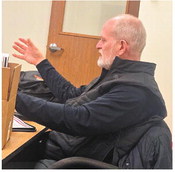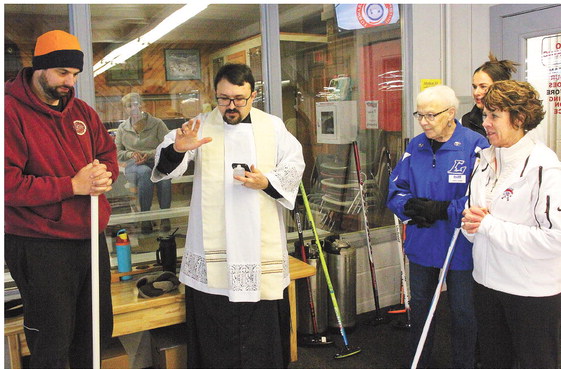Oppose expansion of sports betting in Wisconsin
Bloodsuckers, leeches, and profiteers are some of the more flattering descriptions that show up when you do a quick search of words that describe capitalizing off the weakness of others. There are other terms that are not suitable for publication, but are accurate in their description of those who would prey on the shortcomings of others.
There are those who would like Wisconsin to join the ranks of states that choose money over morality by opening the doors to fully legalized sports betting including online betting. Wisconsin leaders and voters must hold the line and resist the lure of easy money due to the negative impacts shown on vulnerable families and children in other states that have made sports gambling as easy as picking up a smartphone.
According to the Wisconsin Policy Forum, since 2018, Wisconsin is among the 38 states that have moved to legalize sports betting. In Wisconsin it is permitted only on certain tribal lands and the premises of certain tribally-owned casinos.
Most forms of non-tribal gambling, including sports betting, are still banned by the Wisconsin Constitution.
According to Wisconsin Policy Forum, since the push to legalization began, states collectively have brought in hundreds of millions of dollars in tax revenue from sports gaming. The revenue increase has been especially large in states that now permit adults to place sports bets online.
Online sports betting is a far cry from social office Super Bowl or NCAA tournament pools and is a step too far from even having casino gambling opportunities. Online sports betting allows easy access to anyone with internet access to place bets from anywhere at any time.
Gambling addiction has been growing since the court decision opened the door to sports gambling in 2018. The National Council on Problem Gambling estimates that the risk of gambling addiction surged by 30% in just three years.
An estimated nearly 1% percent of the American population has severe gambling problems with another 2% – 3% of the population having mild or moderate gambling issues. According to a University of Maryland study, young people are two to three times more likely to be at risk for problem gambling compared to adults.
Increasing access to online sports betting would especially target this younger demographic as online age restrictions are woefully ineffective in preventing access to underage individuals. Habits learned in adolescence are carried through to adulthood, especially in regard to problem gambling with addiction treatment specialists reporting that 70% of those who undergo treatment for problem gambling will relapse.
Gambling addiction is often paired with other addictions with people with alcohol addictions being 23 times more likely to also have gambling addictions. This contributes to a significant economic and societal cost. Studies place this cost at in excess of $14 billion a year at the national level, ranging from criminal justice costs as people commit crimes to cover their bets and feed their habit to healthcare impacts, job losses and bankruptcy.
As with many other forms of addiction, this has a greater impact on those without much to lose, meaning that families in lower income brackets suffer more from the negative losses of gambling addiction.
Wisconsin needs to hold the line on expanding access to online gambling and not be lured by a quick buck to be made off an easy mark.


